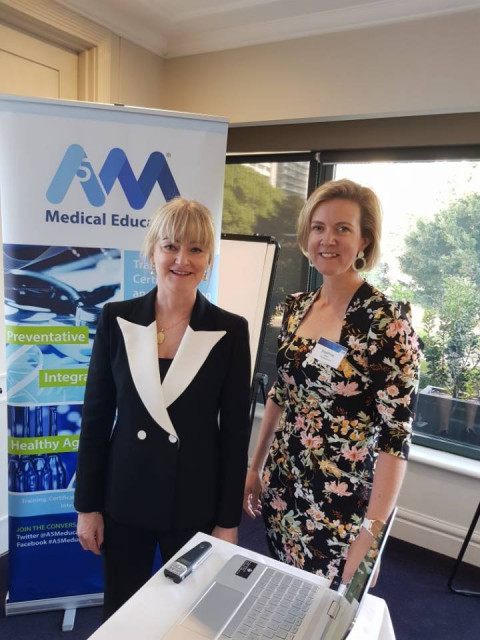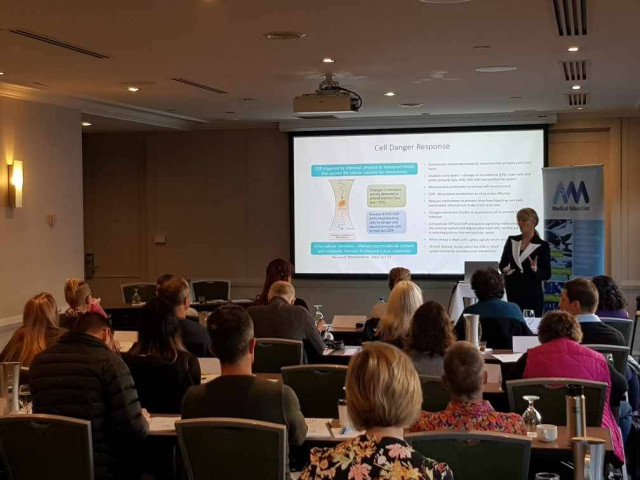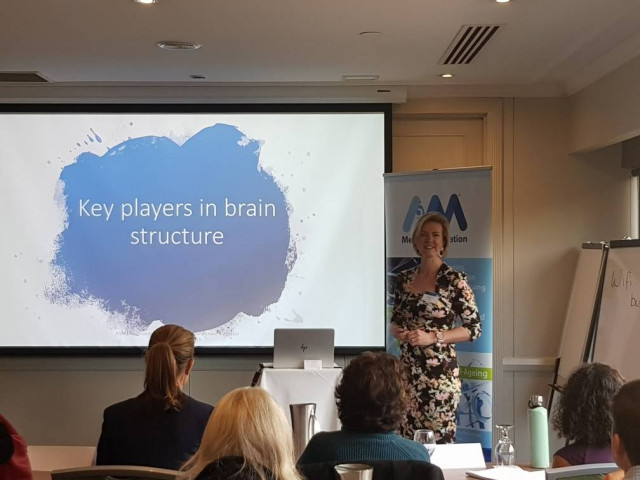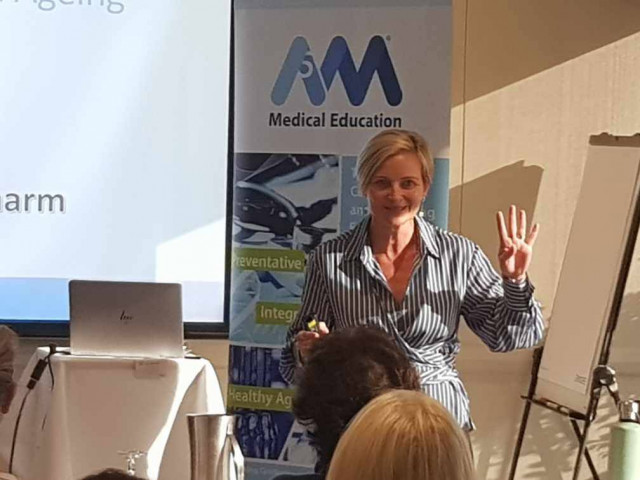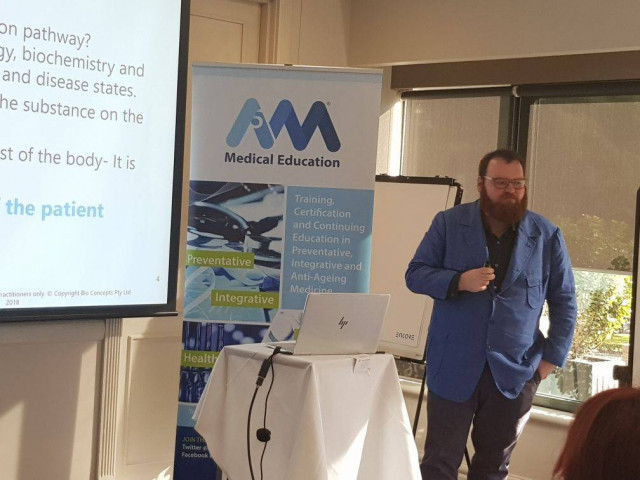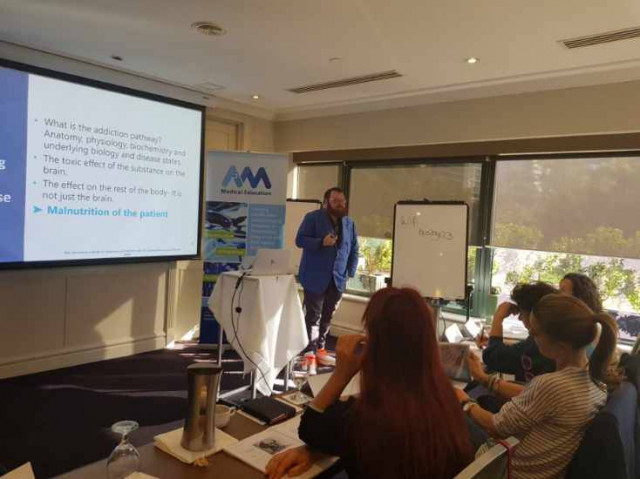Mitochondrial Dysfunction and Brain Health
By Dr. Rhona Creegan,
Nutritional Biochemist & Nutiritionist, Educator A5M & ACAAM, Advisory Panel Member A5M
PhD, BSc BiomedSc, MNutrmed, MSc ClinBioChem
Mitochondria are best known for their role as the 'cellular powerhouses' generating energy in the form of ATP to drive every cell process and sustain life.
In the past few decades we have discovered numerous other functions of mitochondria, particularly their supreme role as environmental sensors and intracellular organelle communicators. They evolved from proteobacteria and consequently activate the immune system in the same way as pathogens to protect the cells from harm. The cell danger response in an evolutionary conserved process that involves detection of a threat from chemical, biological or physical sources by the mitochondria as changes in electron flow.
The mitochondria then rewire their biochemistry, including metabolic pathways, membrane fluidity and methylation to quarantine the cell and activate cell death pathways to minimise the threat. To protect neighbouring cells from harm, mitochondrial ligands such as mtDNA, formyl peptides, ROS and ATP are then released. Once the danger is passed the cells are supposed to return to a healing cycle. If the threat persists the cell danger cycle gets 'stuck' and chronic inflammation and disease results.
The mitochondria and immune system are intimately connected by this sensing and signalling function.
Mitochondria and the immune system have significant and crucial crosstalk to protect cells from harm, initiate tissue growth, repair and remodelling.
Part of this process is to closely monitor the construction of new cells, organelles, proteins and lipids by complex quality control mechanisms. These include the unfolded protein response, ubiquitin proteasome system, autophagy, mitophagy, apoptosis and cellular senescence; orchestrated by the mitochondria, endoplasmic reticulum, lysosomes and peroxisomes.
Diseases of the central nervous system are multi-factorial but involve:
- a complex interplay of inappropriate activation of microglia (which lose their neuroprotective function),
- abnormal proteostasis (accumulation of misfolded proteins),
- abnormal lipid metabolism,
- inappropriate prolonged activation of the innate immune surveillance response and
- loss of neurons due to senescence with the development of a chronic proinflammatory state.
In addition, damage and deterioration to the glymphatic clearance system and the blood brain barrier from systemic insults, intestinal epithelial cell senescence and metabolic dysfunction all contribute to further deterioration in brain function.
Neurodegenerative, behavioural and mood disorders all have features of inappropriate activation of these pathways and likely influenced by biochemical weaknesses determined by genetics.
Diet, lifestyle and nutrient therapeutic strategies have a major impact on supporting mitochondrial health, limiting inappropriate immune cell activation and addressing systemic peripheral contributors, thereby reducing the abnormal dysfunctional pathways implicated in conditions affecting the central nervous system.
Published by A5M with permission from the author
Dr Rhona Creegan can be found at Omega Nutrition.
She is a Nutritional Biochemist and Registered Nutritionist (NSA) with extensive experience in Clinical biochemistry, Molecular genetics and Nutrition. She has completed a Masters degree in Nutrition Medicine and more recently a PhD which investigated plasma lipid biomarkers in Alzheimer's disease. Her key interests are abnormal lipid metabolism and metabolic dysfunction; key features of chronic disease and ageing. Dr Creegan is a Nutrition Medicine Practitioner, researcher, lecturer and published author.
Photos from A5M Clinical Workshop: Mitochondrial dysfunction, chronic disease and brain health
held in Sydney, Sunday 18 August 2019
A5M Medical Education - Providing training, certification and continuing education in Preventative, Integrative & Anti-Ageing Medicine
www.a5m.net | +61 3 9853 4123 | ABN 79 763 657 407




